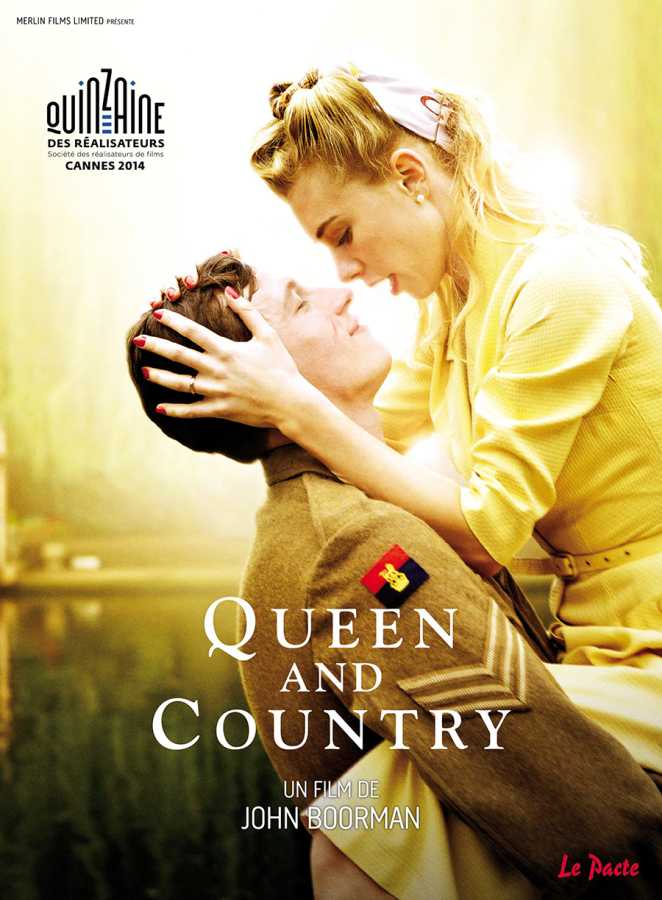No ‘Hope’ for ‘Queen and Country’
February 19, 2015
English filmmaker John Boorman achieved critical acclaim with his World War II film à clef “Hope and Glory.” However, if he expects the same praise for its sequel, “Queen and Country,” he will be sadly disappointed. Released 27 years after Boorman’s initial hit, this British war dramedy lacks the excitement, spark and — surprisingly enough — relevance of its dazzling predecessor.
Boorman begins “Queen” by dropping viewers directly into the ending narration of “Hope,” as if this technique might allow viewers to disregard the almost three decades between the two films. In what is essentially a disorganized and trite Lifetime original movie, protagonist Billy Rohan is now 18 years old, and enlists in the military with his best friend Percy.
Although the narrative contin- ues from the first film, it skips the potentially germane moments between the height of World War II in Britain and the beginning of the nation’s involvement in the Korean War just eight years later. Though Billy’s development is clearly the impetus of this film, a large portion of his life is not even referenced or discussed, perhaps assuming the viewer will fill in the gaps Boorman fails to channel onscreen.
Considering Boorman’s motivation for creating and elaborating on Billy’s story is semi-autobiographical, the lack of care given to this sequel is surprising. “Hope and Glory” completely arrests the audience in more ways than one. The director’s depiction of Billy’s seemingly whimsical childhood, surrounded by conflict and destruction, is masterful. In “Queen and Country,” this pattern is unfortunately abandoned. Where Boorman peppered the story line of “Hope” with different cinematic devices and impressive post production work, “Queen” includes nothing but bland dialogue and the occasional intervention of Billy’s voice over, which only in some instances helped solidify what was to come later in the film.
In spite of its many shortcomings, there are a few moments in the film that contain gleams of “Hope’s” superiority. Since “Hope” was such a stunning feature, however, it is upsetting to see that its sequel was treated so carelessly. To truly understand the scope of Boorman’s cinematic finesse, simply pretend that “Queen and Country” was never made.
A version of this article appeared in the Thursday, Feb. 19 print edition. Email Nora Blake at [email protected].















































































































































